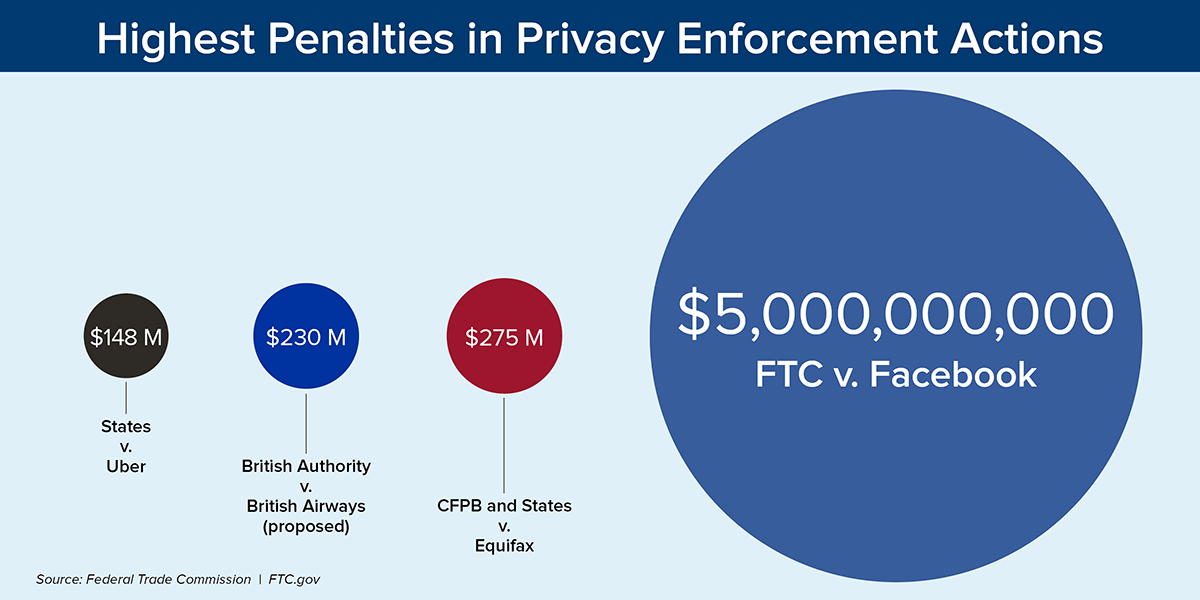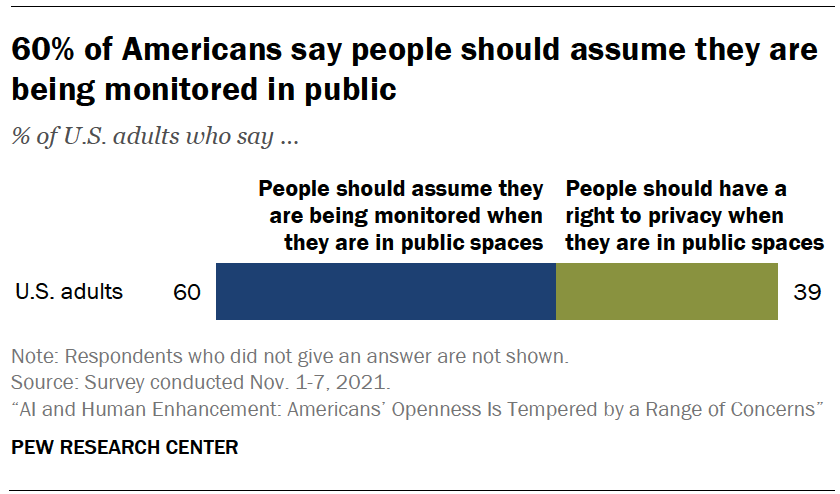When you are sitting alone in your bedroom, you would assume to have privacy. When you send private messages to another individual, you would assume that those messages are only seen by you and the receiver on the other end. But are any of our actions truly private in a digital world that prides itself on the ability of tracking our every movement?
With the rise of technology, and social media in particular, the concept of privacy is not what it used to be. Large corporations, such as Facebook and Google, are able to gather mass amounts of data from each one of us, and most of this information we give out voluntarily. We sacrifice our right to privacy when we figuratively sign the contracts that each of these companies place in their terms and conditions.
Facebook's business model incorporates a contract of adhesion, or a contract in which one party holds all the negotiating power. This allows them to change the terms without communicating with the user, have access to any material that is posted, and still own all material even after a user closes their account. This should be alarming to any Facebook or social media user (so most Americans).
 |
| In 2019, the Federal Trade Commission imposed a historic $5 billion penalty and sweeping new privacy restrictions on Facebook. |
The Impact on the Individual
In his TED talk, Juan Enriquez compares the digital platforms that we utilize everyday to tattoos in the way they are able to tell our stories without the use of words. He refers to them as electronic tattoos that tell others who we are and what we do. However, this presents multiple issues:
1. Our data and private information will live far longer than our bodies will.
2. We are not always aware of who will be receiving and abusing our information.
Our information and data is immortal. This can be dangerous for us, our friends and our family because it suggests our reputations, good or bad, can technically live on forever. Even more concerning is the fact that we are unaware of who may be accessing such information. Catherine Crump, American law professor and civil liberties expert, discusses the increase of mass surveillance and location tracking that gives the government access into our personal lives. Digital surveillance technology allows police departments to gather sensitive information about each one of us. This can be useful to investigations; however, it also allows the government to know far too much about what happens behind closed doors. The more information, the more easily it can be abused.
Catherine Crump, American law professor and civil liberties expert, discusses the increase of mass surveillance and location tracking that gives the government access into our personal lives. Digital surveillance technology allows police departments to gather sensitive information about each one of us. This can be useful to investigations; however, it also allows the government to know far too much about what happens behind closed doors. The more information, the more easily it can be abused. We have lost control over our data and privacy. So where do we go from here?
Regaining Control: The Next Steps
The invasion of privacy this nation is facing should not fall on the individual to solve. It is the government's duty to ensure that American citizens are protected under their rights, and this includes our rights to privacy.
Unfortunately, our government, along with many large tech companies, is benefitting from the overflow of information and data. Mass amounts of data allow the government and corporations to predict our behaviors. Targeted advertising is the key to most business models; therefore, it would be shocking to see these companies give up their access.
Online privacy depends on us.
Most social media users voluntarily give out so much information about their lives, locations, likes, dislikes, political views and so on. Andy Yen, founder and CEO of Proton, advocates for privacy rights and emphasizes that we are teaching younger generations to share everything on web. The education system is a good place to start.
We need to teach younger users of technology the importance of privacy. We need to highlight the importance of informed consent when giving platforms permission to access our data and personal information.
Introducing secure mediums of communication would also benefit many individuals and allow users to ensure their conversations are not being surveilled by foreign entities or hackers. Crump explains that the best thing we can do is acknowledge the technologies that are tracking our behaviors. Being aware and knowledgeable about the issue will allow us to create an internet where privacy is not only an option but the default.
Use these links to access the TED talks referenced in this post:



No comments:
Post a Comment